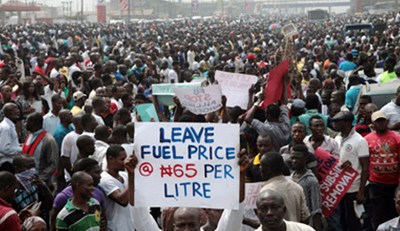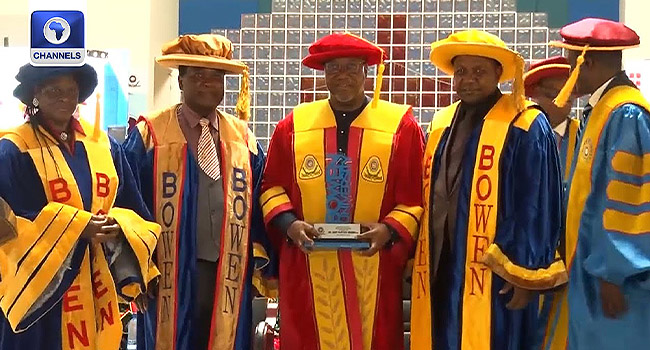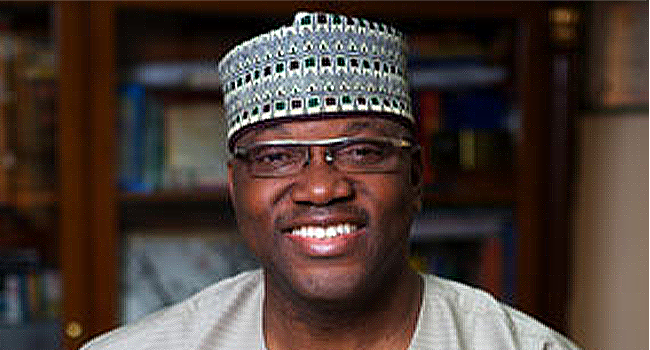The Economic and Financial Crimes Commission (EFCC) on Friday said that the Petroleum Subsidy Report would be used as supporting evidence in the prosecution of anyone suspected to have been involved in the mismanagement of the subsidy fund.

The commission disclosed this in a press statement signed by its Acting Head of Media and Publicity, Wilson Uwujaren, in Abuja.
“The commission wishes to acknowledge receipt of the report of the House of Representatives Committee inquiry into the Federal Government Petroleum Products Subsidy programme on Thursday, May 10, 2012.
“The commission wishes to commend the honourable members of the House of Representatives for making the document available.
“The EFCC will study the report and use the findings, supported by evidence, along with the commission’s own painstaking criminal investigation to build a watertight case that will stand the test of rigorous prosecution against those found wanting.
“EFCC wishes to reiterate that anyone, individual or group found to have engaged in criminal manipulation of the subsidy regime would be dealt with in accordance with the law.”
The House of Representative ad hoc committee that probed the fuel subsidy regime had reported that mismanagement and theft by top Nigerian officials involved in the corrupt fuel subsidy arrangement cost the country over N1 trillion.
The Farouk Lawan-led committee had recommended that the sum of N1, 067,040,456,171.31 be refunded to the Federation Account by the Nigerian National Petroleum Corporation, oil marketers, companies that refused to appear before the committee as well as the Petroleum Product Pricing and Regulatory Agency.




